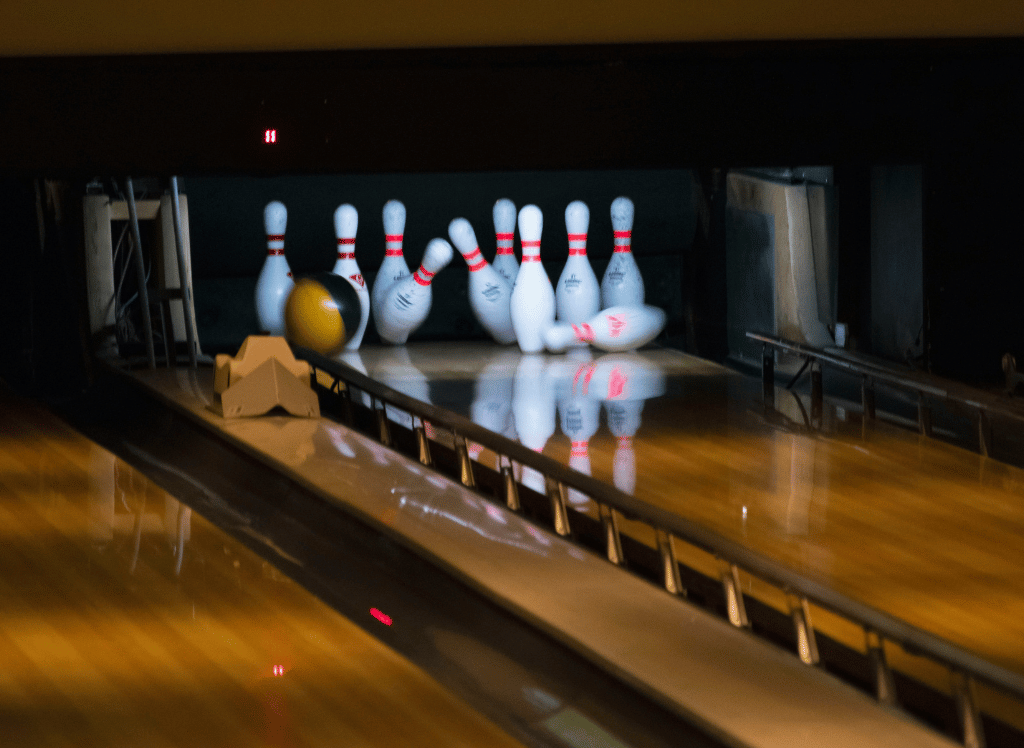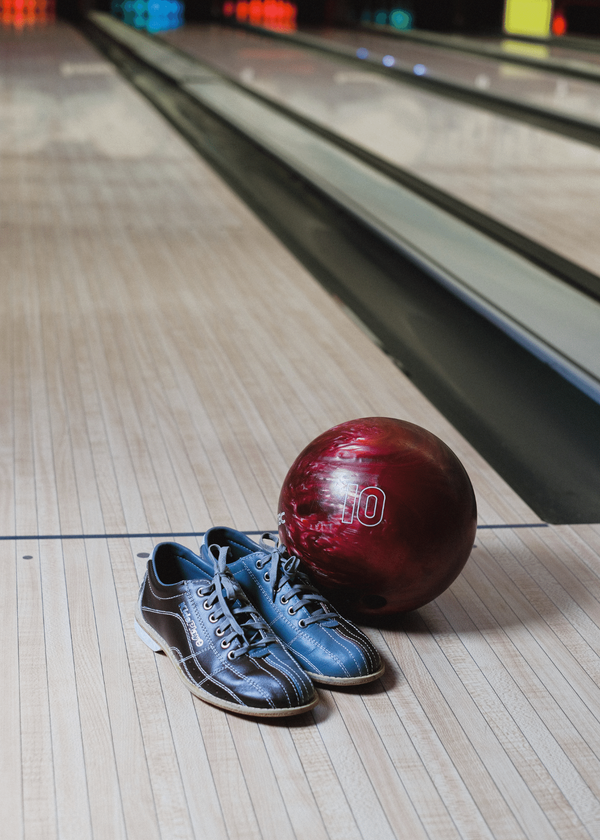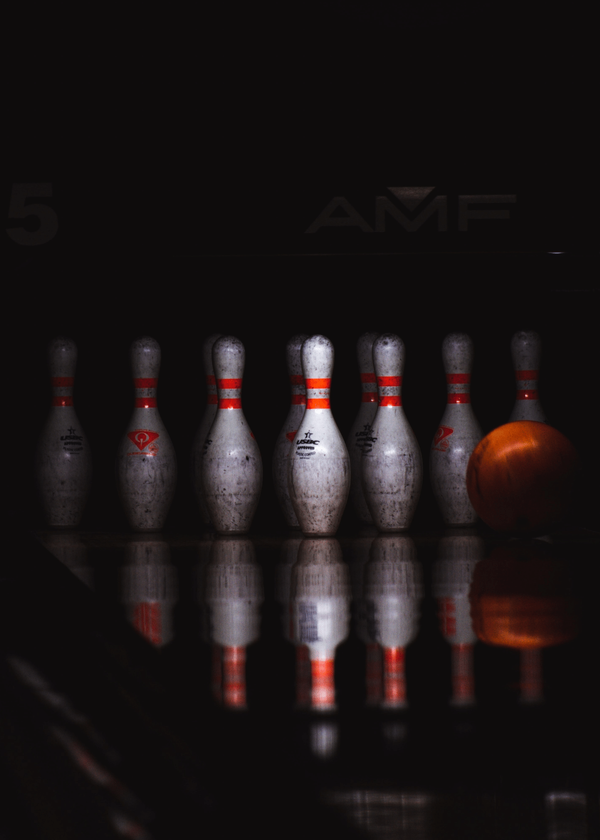Bowling, a sport enjoyed by millions worldwide, has long aspired to join the ranks of the Olympics. Despite its popularity and the efforts of the bowling industry, the question remains.
Is Bowling an Olympic event?
No, bowling is not currently an Olympic event. Despite its popularity around the world, it has yet to be recognized as an official sport in the Olympics.
The International Olympic Committee (IOC) has considered bowling for inclusion in the Olympic Games multiple times. Bowling professionals competed in various demonstration events, showcasing the sport's potential. However, despite these efforts, bowling has yet to secure a spot in the prestigious lineup of Olympic sports. The reasons are as varied as the styles of bowling itself, from concerns about the sport's global appeal to the logistics of hosting such an event.
The History of Bowling's Olympic Aspirations
Bowling's quest to become an Olympic sport dates back many years. The bowling industry lobbied long and hard, hoping to see their beloved game featured in the Summer Olympics. But tenpin bowling never made the final cut for official inclusion.
One of the key moments in this journey was the 1988 Summer Olympics in Seoul, South Korea. Bowling was featured as a demonstration sport, and many believed this would be the stepping stone to full inclusion. However, despite the enthusiasm and skill displayed by the athletes, bowling simply didn't make the grade. The IOC had other priorities, and bowling was left in the gutter.
The Challenges of Inclusion
So why hasn't bowling made it to the Olympics? One of the main challenges is the sport's global appeal. While bowling is a popular sport in many countries, it doesn't have the same universal recognition as sports like football, basketball, or tennis. The IOC looks for sports that have a broad international following, and bowling, despite its popularity, falls short in this regard.
Another hurdle is the logistics of hosting a bowling event. Unlike other sports that can be played outdoors or in multipurpose arenas, bowling requires specialized facilities. Bowling alleys are not as easy to set up as a football field or a basketball court, and this adds to the complexity of including the sport in the Olympic Games. The cost and effort required to build and maintain these facilities can be a significant deterrent.
The Popularity of Bowling
Despite these challenges, bowling remains a beloved sport worldwide. From casual games at local bowling alleys to professional competitions, the sport has a dedicated following. Bowling is particularly popular in countries like the United States, South Korea, and Brazil, where it enjoys a strong fan base.
Bowling's appeal lies in its accessibility. It's a sport that people of all ages and skill levels can enjoy. Whether you're a seasoned pro or a first-time bowler, there's something inherently fun about rolling a ball down the lane and watching the pins fall. This universal appeal is one of the reasons why many believe bowling deserves a place in the Olympic Games.
The Future of Bowling in the Olympics
The future of bowling in the Olympics remains uncertain. While the sport has yet to be included in the official lineup, there is still hope. The IOC is always on the lookout for new sports to add to the Games, and bowling continues to be a strong contender. The bowling industry and its supporters remain optimistic, pushing for inclusion in future games.
One of the key factors that could influence bowling's inclusion is its appeal to young people. The IOC has been making efforts to attract a younger audience, and sports like skateboarding and surfing have been added to the lineup. Bowling, with its easy access and fun, family-friendly nature, could be a perfect fit for this new direction.
Bowling vs Other Sports
When comparing bowling to other sports, it's clear that it has a lot to offer. Like golf and tennis, bowling requires a high level of skill and precision. It's a sport that demands both physical and mental prowess, and the competition can be fierce. However, unlike some other sports, bowling is relatively low-cost and accessible, making it an attractive option for many people.
Bowling also has a unique appeal that sets it apart from other sports. The social aspect of bowling is a big draw, with many people enjoying the camaraderie and friendly competition that comes with a game at the local alley. This social element, combined with the skill and strategy involved, makes bowling a compelling candidate for the Olympic Games.
The Role of Demonstration Events
Demonstration events have played a significant role in bowling's Olympic journey. These events provide a platform for sports to showcase their potential and gain recognition from the IOC. Bowling has participated in several demonstration events over the years, but it has yet to make the leap to official inclusion.
One of the most notable demonstration events was the 1988 Summer Olympics in Seoul, South Korea. Bowling professionals competed in a showcase event, demonstrating the skill and excitement of the sport. Despite the success of this event, bowling was not included in the official lineup, and the sport's Olympic aspirations were put on hold.
The Impact of Weather Conditions
Weather conditions can also play a role in the inclusion of sports in the Olympic Games. While this may seem like a minor factor, it can have a significant impact on the logistics and feasibility of hosting certain events. For example, winter sports like figure skating and curling require specific weather conditions, which can limit their inclusion in the Summer Olympics.
Bowling, on the other hand, is an indoor sport, which means it is not affected by weather conditions. This could be seen as an advantage, as it eliminates one of the variables that can complicate the planning and execution of Olympic events. However, this advantage has not been enough to secure bowling's place in the Games.
The International Olympic Committee
The International Olympic Committee plays a crucial role in determining which sports are included in the Olympic Games. The IOC evaluates sports based on several criteria, including global appeal, popularity, and the ability to attract a diverse audience. Bowling has been considered multiple times, but it has yet to meet all the criteria for inclusion.
The IOC's decision-making process is complex and involves input from various stakeholders, including athletes, sports organizations, and national Olympic committees. While bowling has strong support from its community, it faces stiff competition from other sports that are also vying for a spot in the Games. The IOC must balance these competing interests and make decisions that are in the best interest of the Olympic movement.
The Push for Inclusion
The push for bowling's inclusion in the Olympic Games is ongoing. The bowling industry, along with athletes, continues to advocate for the sport's recognition. Efforts include lobbying the IOC, organizing high-profile events, and raising awareness about the sport's merits.
One of the key arguments for bowling's inclusion is its accessibility. Bowling is a sport that can be enjoyed by people of all ages and abilities, making it a perfect fit for the inclusive spirit of the Olympic Games. Additionally, the sport's global popularity and the skill required to compete at a high level make it a strong candidate for future inclusion.
Olympic Bowling FAQs
Why isn't bowling an Olympic event?
Bowling has not been included in the Olympic Games due to challenges such as global appeal, logistics, and competition from other sports. Despite its popularity, it has yet to meet all the criteria set by the International Olympic Committee.
Has bowling ever been part of the Olympics?
Bowling has been featured as a demonstration sport in the Olympics, most notably in the 1988 Summer Olympics in Seoul, South Korea. However, it has not been included as an official Olympic sport.
What are the chances of bowling becoming an Olympic sport in the future?
While the future is uncertain, there is still hope for bowling's inclusion in the Olympic Games. The bowling industry and its supporters continue to advocate for the sport, and the International Olympic Committee is always considering new sports for future Games.
Summary
Bowling is not currently an Olympic event, despite its popularity and the efforts of the bowling industry. The International Olympic Committee has considered bowling for inclusion, but it has yet to make the cut. Challenges such as global appeal, logistics, and competition from other sports have prevented bowling from securing a spot in the Olympic Games. However, the sport remains beloved worldwide, with hopes for future inclusion.









